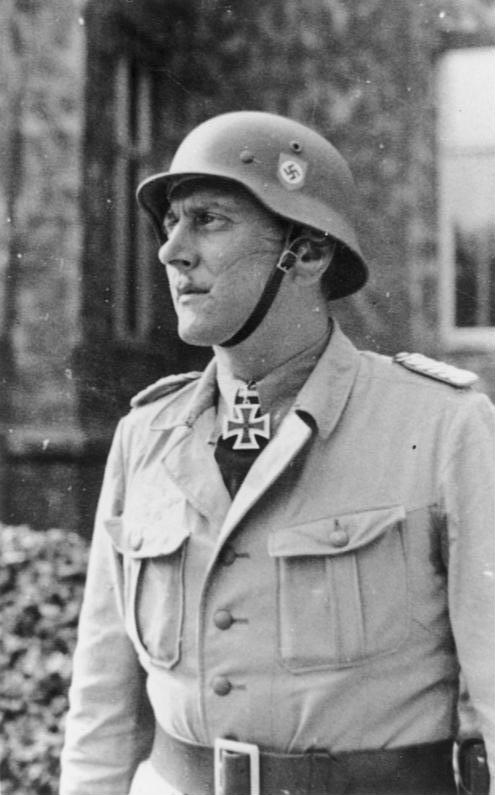Interviewed by the Agence France Presse (AFP), in Cairo (30 January 1953), quoted in an article in Le Monde, entitled "Les Condamnations de Nuremberg seront responsible de l'horreur de la prochaine guerre, affirme Otto Skorzeny."
Context: War is inevitable, and this time, it will be truly world wide. It will unravel everywhere and there will be no limit to its battlefields. The condemnations of Nuremberg will be one of the main reasons, which will cause this war to be a conflict whose horror will be unparalleled. These condemnations gave birth, in fact, to a new conception which makes the victor a hero and the vanquished an odious criminal. By this fact, each leader will wage war like a demon in order not to be the loser and become, consequently, a criminal. All the atrocities that can be imagined by man, will be committed during this next war, in order to prevent the enemy from acquiring victory. What I have just said, I have repeated to the American representatives and I have warned them that all of the mothers of the entire world will one day curse America.
